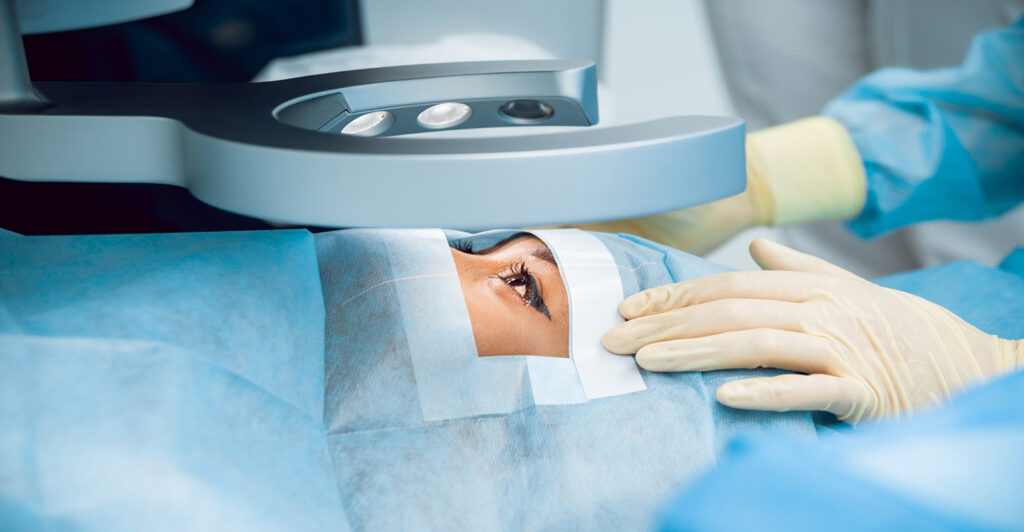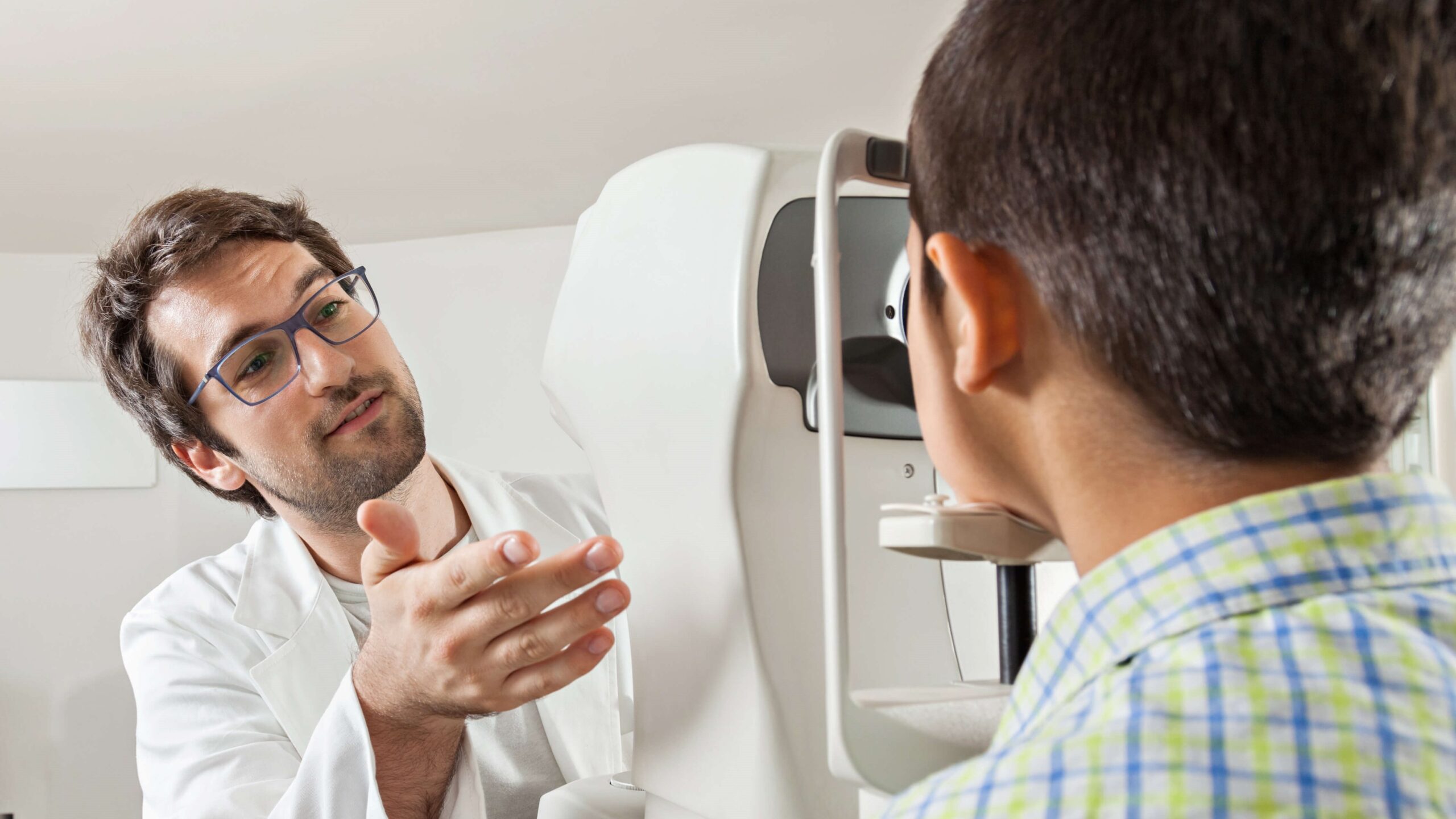We are devoted to providing the greatest quality eye therapy accessible, whether we are serving patients in Sydney or Melbourne. Our staff’s commitment to patient care is one of the reasons why so many people seek LASIK and other advanced laser vision correction treatments from us.
Pre- and post-operative instructions are given to all of our patients. For the time being, our team would like to concentrate on the latter, providing seven helpful recommendations for the recuperation process after lasik eye surgery.
Lasik eye surgery Side Effects
Side effects after lasik eye surgery are common and are just signs that your body is responding to the treatment and recovering properly. The following are some of the most prevalent side effects of laser eye surgery:
- Night vision issues
- Light sensitivity
- Discomfort and stiffness in the eyes
The therapeutic methods indicated below will help you deal with the various adverse effects stated before.
During the early stages, avoid activities that cause eye strain.
During the first 24 hours after surgery, focus on recovery and relaxation. To assist your eyes to recuperate more quickly and effectively, avoid doing anything that puts pressure on them.
In other words, in the hours after your lasik eye surgery, avoid the following activities:
- Using a computer
- Using a tablet or smart phone
- Watching television or a movie
- Watch the news, read a magazine, or read a book
Always wear sunglasses and a hat while you’re outside.
Your eyes will be highly sensitive to bright light for a few days after surgery. When you’re outdoors, remember to wear sunglasses and a hat with a brim. It’s also a good idea to avoid harsh lights inside.
Always have Liquid Tears on hand.
During the early weeks and months after lasik eye surgery, dry eye episodes may occur at any time. It’s a good idea to have liquid tears with you at all times so that any dry eye symptoms may be handled quickly.
Stay away from smoky, dusty, or dry environments.
When it comes to dry eyes, the environment you’re in may have a big influence on how severe an episode is. When possible, avoid smoky, dusty, or dry surroundings, since these conditions and locations raise the risk of dry eye syndrome and eye pain.
At night, drive cautiously.
In the weeks after laser eye surgery, night vision and difficulty in low-light situations are common, but these symptoms will fade as the patient recovers. Until their night vision improves, patients should use public transit or solicit rides from friends and relatives. It’s better to be safe than sorry.

Attend any and all follow-up appointments.
You will have a series of follow-up consultations with your LASIK surgeon while you recuperate from lasik eye surgery to check your progress and resolve any difficulties. Keep all of your scheduled visits to ensure that your recovery is recorded and supervised by a medical professional.
Keep in touch with your laser eye surgery facility. During the Recovery Period
Questions and concerns may occur throughout your recovery journey. Speak with your LASIK surgeon right away if you have a pressing issue. By dealing with these concerns as soon as they arise, you may prevent potential problems and enjoy peace of mind.
Who is a Laser Eye Surgery Candidate?
The majority of people who use glasses or contact lenses have heard about laser eye surgery. LASIK surgery is the most common elective surgical procedure in the world, with hundreds of thousands of procedures performed each year in the United States.
Laser eye surgery is a treatment that involves the use of cutting-edge laser technology to correct refractive eye disorders that need the use of glasses or contacts. A specific portable device called a microkeratome is used to form a small flap in the outer corneal tissue that protects the eye. After the flap is opened, sophisticated laser technology is used to rebuild the underlying cornea, enabling light to be refracted correctly onto the retina at the back of the eye. This reshaping is done with more precision and accuracy, taking into consideration each patient’s individual needs.
The flap is manually reinserted onto the altered cornea and left to heal spontaneously over the following three days. There are no sutures required, and your eyes should feel completely normal and your vision should improve significantly within a week. Yes, it is correct.

Is laser eye surgery for me a reasonable option?
In the vast majority of cases, LASIK laser eye surgery is a very effective means of correcting refractive eye disorders. This category includes myopia (nearsightedness), hyperopia (farsightedness), and astigmatism. However, your LASIK practitioner will need to assess your candidacy before starting with the operation. This will comprise a thorough examination of your vision, amount of refractive error, and general health and condition of your eyes to verify that there are no problems that might increase the procedure’s risks.
Patients who are candidates for LASIK laser vision correction usually fall into one of the following groups:
- You must be at least 18 years old.
- Have had their vision steady for at least 24 months without a prescription change.
- Have a proper prescription for glasses or contact lenses that falls within your LASIK surgeon’s LASIK-specific limits.
- There is no history of corneal disease in your family.
- You haven’t been diagnosed with a vision problem like diabetic retinopathy, macular degeneration, or glaucoma.
- You don’t have any eye infections or other such problems right now.
- Do not suffer from moderate to severe dry eyes
- You are not pregnant or breastfeeding.
- Are dissatisfied with the level of visual freedom offered by glasses or contact lenses.
- Recognize that prescription eyeglasses may be necessary now or in the future if their vision deteriorates significantly or if they are obliged to drive at night.
- Recognize that presbyopia, an age-related vision disease, may affect their vision in the future and may need the use of reading glasses.
Final thoughts
This post will be quite useful if you’ve been seeking for some crucial information on things to know before having laser eye surgery.



